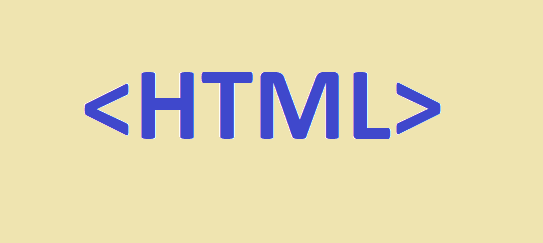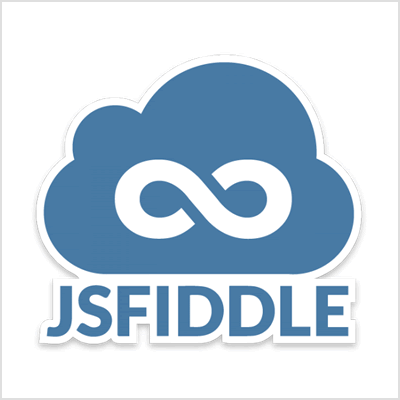HTML basic sections for Beginners with Examples
Introduction to HTML
HTML (HyperText Markup Language) is the foundation of web development.
It structures web content using elements, each defined by tags.
Mastering these elements will give you a strong foundation in web development.
Below, we'll cover the essential sections every beginner should learn.
Basic HTML Structure
Every HTML document follows a standard structure that includes essential elements like <html>, <head>, and <body>.
<!DOCTYPE html>
<html lang="en">
<head>
<meta charset="UTF-8">
<meta name="viewport" content="width=device-width, initial-scale=1.0">
<title>My First HTML Page</title>
</head>
<body>
<h1>Welcome to My Website</h1>
<p>This is a basic HTML page structure.</p>
</body>
</html>
Divs and Spans for Layout
The <div> is a block container, while <span> is an inline container.
Example: Div and Span
<div style="background-color: lightblue; padding: 10px;">
<h2>This is a div</h2>
<p>Divs help structure content.</p>
</div>
<p>This is a <span style="color: red;">highlighted</span> word.</p>
Output:
This is a div
Divs help structure content.
This is a highlighted word.
Headings and Paragraphs
Headings (<h1> to <h6>) define the structure of a page, while paragraphs (<p>) are used for text content.
Example: Headings and Paragraphs
<h1>Main Title</h1>
<h2>Subheading</h2>
<p>This is a paragraph of text providing information to the user.</p>
Output:
Main Title
Subheading
This is a paragraph of text providing information to the user.
Lists in HTML
HTML supports ordered (<ol>) and unordered (<ul>) lists, which help in organizing content.
Example: Lists
<ul>
<li>Apple</li>
<li>Banana</li>
<li>Cherry</li>
</ul>
<ol>
<li>Step One</li>
<li>Step Two</li>
<li>Step Three</li>
</ol>
Output:
- Apple
- Banana
- Cherry
- Step One
- Step Two
- Step Three
Links and Anchors
The <a> tag is used to create hyperlinks, allowing navigation to other web pages.
Example: Link
<a href="https://itpresent.com">Visit IT present</a>
Output:
Images in HTML
The <img> tag is used to embed images.
Example: Image Tag
<img src="html_tutorial.png" alt="Logo HTML Tutorial" width="300">
Output:

Tables in HTML
Tables are created using <table>, with rows (<tr>) and columns (<td>).
Example: Table
<table border="1">
<tr>
<th>Name</th>
<th>Age</th>
</tr>
<tr>
<td>John</td>
<td>25</td>
</tr>
<tr>
<td>Jane</td>
<td>30</td>
</tr>
</table>
Output:
| Name | Age |
|---|---|
| John | 25 |
| Jane | 30 |
Forms in HTML
Forms allow user input through fields like text boxes, radio buttons, and buttons.
Example: Form
<form action="submit.php" method="post">
<label for="name">Name:</label>
<input type="text" id="name" name="name">
<br>
<label for="email">Email:</label>
<input type="email" id="email" name="email">
<br>
<button type="submit">Submit</button>
</form>
Output:






